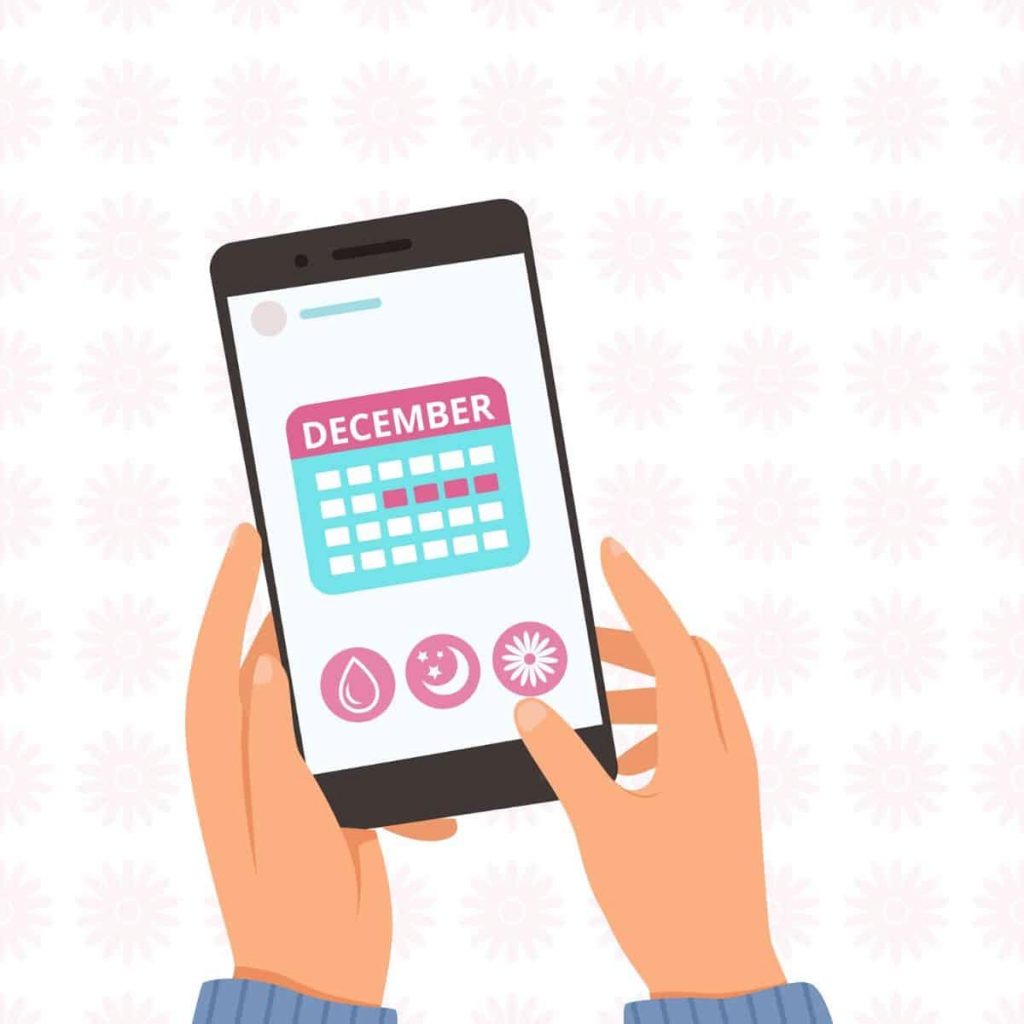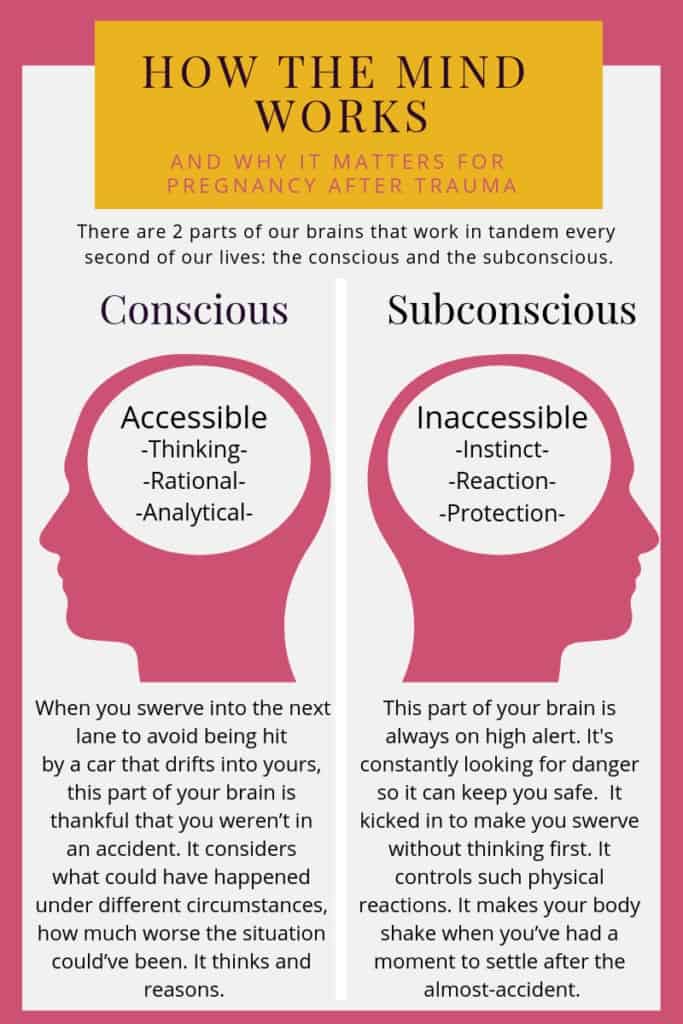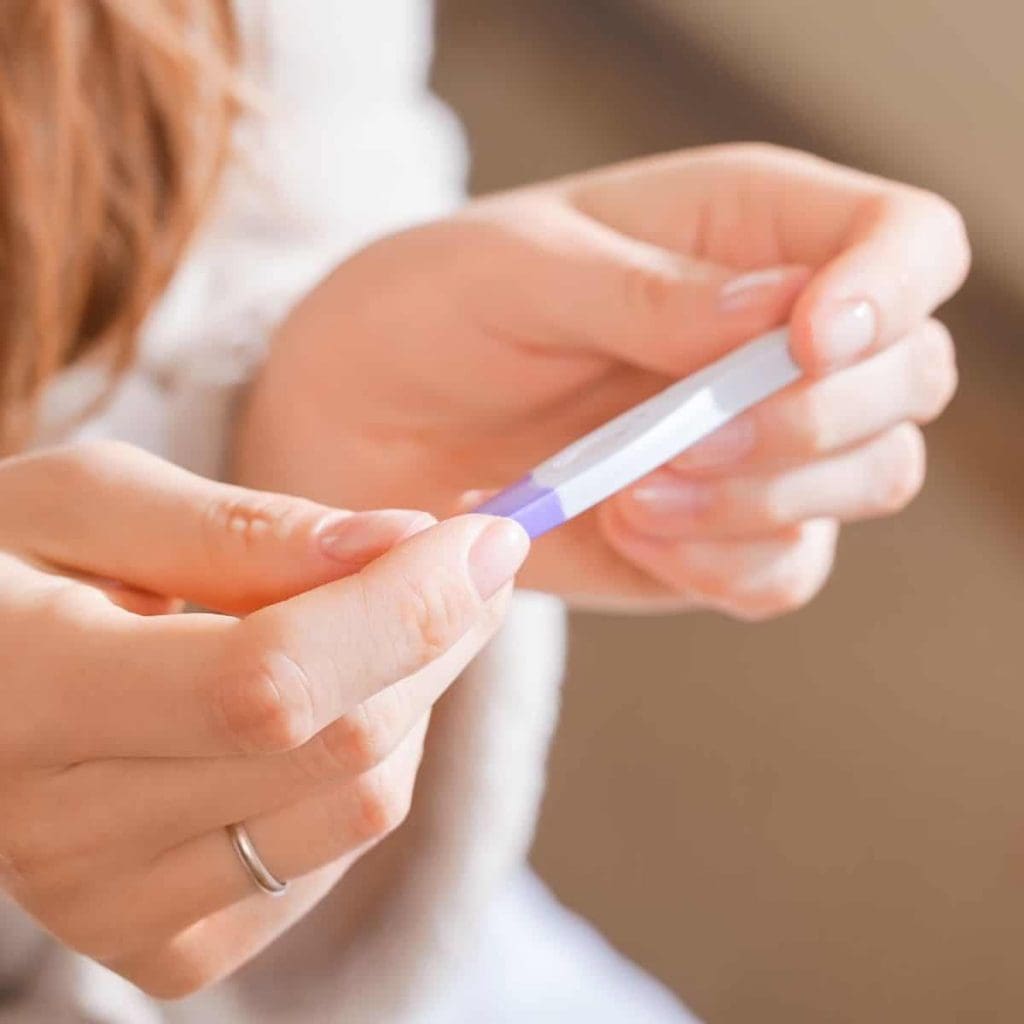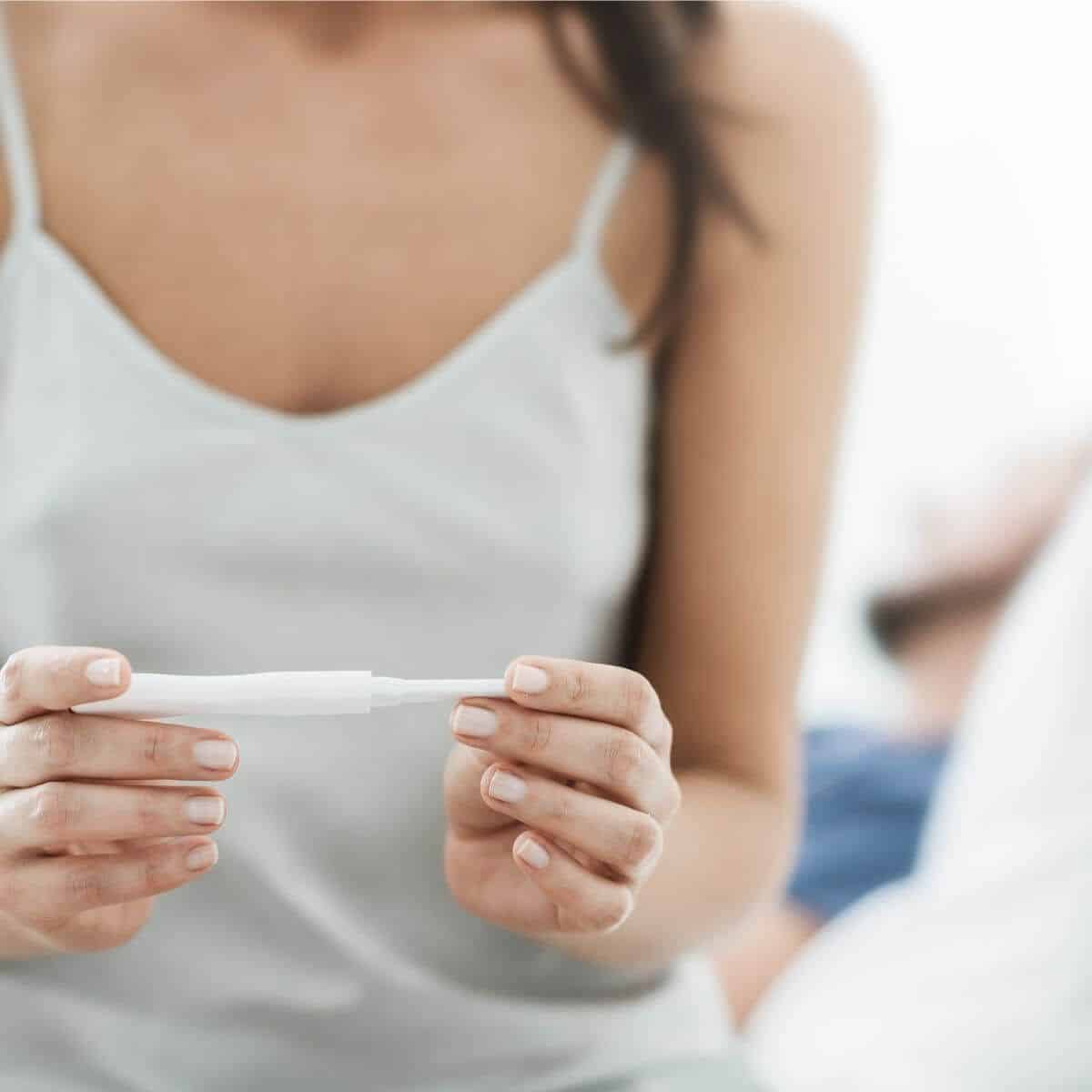Pregnancy after miscarriage or infertility can be a serious mind game. It’s a time when you’re hopeful to healthily birth a baby, and when others expect you to feel great excitement.
But with the hope of pregnancy after miscarriage often comes anxiety. Sometimes crippling anxiety.
Self care is essential during this time, when your body, mind, heart, and soul all need a little tenderness and love. Download our 10 tips for (free) self care to make it easier to get through trying to conceive and early pregnancy after miscarriage!
In this article, we’ll talk about some of the most common questions I get about pregnancy after miscarriage.
- Trying to conceive (ttc) after miscarriage
- Physical effects of pregnancy after miscarriage
- Emotional impact of pregnancy after miscarriage
Looking to support someone through pregnancy after miscarriage? This article is for you, too! And once shower time comes along, consider buying a special rainbow baby gift for mom.

This site contains affiliate links, meaning that we earn a small commission for purchases made through our site. We only recommend products we personally use, love, or have thoroughly vetted.
What to Know About Getting Pregnant After Miscarriage
Once you decide you’re ready to try again, learn the best ways to track ovulation.
Timing TTC After Loss
Although I’ve seen reactions of all types, the most common that I see is women who want to try again immediately. Someone just asked this question in one of my miscarriage groups today: “Can I ovulate right after miscarriage?”
She was flooded with responses, as well as with people practically online shouting at her that she should not try to conceive yet. Which leads to another common question: “How fast can you get pregnant after a miscarriage?”
If you’re ready to try again, you likely have the same questions.
The answers?
Yes, you will ovulate after your miscarriage and before your next menstrual period. Do I recommend trying to conceive during that time? No. Is it the end of the world if you do? Definitely not.
How fast can you get pregnant? I learned the hard way that it can happen immediately, before you even have another period, although most doctors strongly recommend against that.
Most research indicates it’s best to wait 1 cycle (that is, have 1 normal period) before trying again.
Why Wait 1 Cycle?
- Your body, heart, and soul need to heal. You likely will not feel relieved when you discover a new pregnancy. Instead, you’ll probably feel anxious and scared. Giving yourself time will help you grapple with your complex emotions.
- Dating your pregnancy will be very difficult with no idea when you ovulated. This isn’t the worst case scenario, but it does make it tougher to determine a due date, and to know when to expect to see a heartbeat on an ultrasound. So, you may be subject to additional anxiety if you don’t see a heartbeat because you aren’t sure if you should yet.
Long story short, the recommendations are different, but most research now suggests that it’s perfectly healthy to try again after 1 normal period. This was also my doctor’s stance.
Many doctors say 3 months, and others say 6. Physiologically, though, these ideas are largely being debunked.
If you had an especially complicated loss (e.g. a molar pregnancy, retained products of conception after loss, surgery for an ectopic pregnancy, or required the use of toxic drugs like methotrexate), your doctor may suggest you wait longer.
As always, refer to your medical care team for advice on your own personal situation. But trust me, I get it. Waiting feels SO hard!
Remember, practice some self care, give yourself some love, and take it one day at a time.
Should I Track Ovulation When TTC After Miscarriage?
Ultimately, this is your call.
My experience is that many women find it comforting to track ovulation when trying to conceive after miscarriage. But be sure tracking ovulation is healthy for you!
If you find yourself obsessing over getting pregnant because of ovulation tracking, I highly recommend against it. You’re actually making yourself more anxious by tracking, as I’ll explain in a minute.
But if you’re already obsessing, but you’re obsessing about an app that may or may not be accurate, then tracking might be right for you. Or, if you aren’t the obsessive type, then it may also be a fit (although you may be less interested.)

How to Track Ovulation
1. Use an Ovulation Tracker App
There are many methods for tracking ovulation. Apps did me no good, but I know they help a lot of women, so I’m not suggesting that you forego them! There are many good ovulation tracker apps out there.
2. Track Basal Body Temp
Tracking your basal body temperature with a basal body thermometer is the cheapest option.
Pros: Cost and ability to verify ovulation. Cons: It takes a few months of learning your cycle for this method to be an accurate predictor of ovulation.
3. Ovulation Test Strips
Ovulation test strips are the next least expensive choice. They didn’t work well for me, but they do for most people. Pros: Cost and ease of access. Cons: you can’t verify whether you ovulated once they indicate that you will ovulate (which can be a tricky part of ovulation tracking).
We love the Proov Predict & Confirm, and FDA-cleared test that can confirm ovulation, an impressive feature that most test strips lack! Use code “Undefining” to get 20% off at proovtest.com.
4. Ovulation Predictor Kits
Ovulation predictor kits are more expensive, but also more reliable.
I had tremendous success with the Ovacue Fertility Monitor (sadly since discontinued.) Members of our community rave about the Mira Fertility Tracker.
Your Body During Pregnancy After Miscarriage
The good news is that your physical experience with pregnancy after miscarriage is not likely to be any different than your experience with pregnancy would’ve been otherwise.
The bad news is that you’ll likely be more aware of every single thing your body does. We feel every pain, every twinge, notice every tightness, and often wonder about its implications.
How can your body go through the trauma of loss without you developing a heightened awareness of all its doings?
After miscarriage, many women report feeling like their bodies failed them, and thus, they fear it will fail them again.
Expecting your Body to Fail
When discussing the miscarriage she experienced 20 years ago in her new book, Becoming, former First Lady Michelle Obama says she felt like she had “failed.”
And let’s be honest. If the illustrious Michelle Obama felt like her body had failed her after miscarriage, most of us feel that way too. Also, seriously, if you haven’t read her book yet, order it now.
I’ll wait. (She also narrates the audiobook, which I loved.)
Because we’re constantly waiting for the other shoe to drop, we often find ourselves expecting the worse.
This expectation leads to the emotional ramifications of pregnancy after miscarriage–namely, the anxiety that is so confusingly intermingled with the hope this new pregnancy brings.
It’s important for the sake of pregnancy loss awareness that women understand that many women feel guilty after their losses, as if the loss were somehow the mother’s fault. (IT WASN’T!)
How to Overcome Fear & Anxiety During Pregnancy After Miscarriage
Some women (like me) use pessimism as a form of self-protection while going through such traumatic experiences.
We hope for the best but expect the worst, assuming then we’ll never be as let down. This method helps minimize the pain if something goes wrong, but it also prevents you from enjoying the experience of pregnancy.
Other women, like many of my friends, optimistically choose to hope things will go better this time. This approach makes the pregnancy more fun, but also provides less protection if there’s a problem.
I don’t know if I think you can choose which approach you take, but I do believe you can understand the cycles of anxiety you experience enough to at least feel less controlled by it.
You see, regardless of whether you’re the pessimist or the optimist, you’re still more likely to experience anxiety during pregnancy after miscarriage than a pregnant woman who has never experienced fertility complications.
Our brains have been trained to expect the worst from pregnancy, especially if you lost our first pregnancy and, thus, loss is all you’ve ever known.
Even if we tell ourselves that we’re “finally pregnant,” or “finally past the X week mark,” and thus can remain calm, the subconscious parts of our brains remain on high alert.
Emotions Explained
What do I mean when I say “subconscious”? I created this simple graphic to help illustrate how the mind works.

Note: There are varying names for different parts of the brain in different schools of psychological theory, and many people would suggest I’m excluding the very important “unconscious.” But for the sake of simplicity, I’ll stick with these two. They’re comfortable for me and much easier to follow. Also, this graphic is based on my own research and understanding, but I am not trained in psychology or psychiatry, and I’m sure plenty who are would laugh at my simplification.
Your conscious brain does the thinking you can access. Your subconscious stays on the physical and emotionally ready to keep you alive. It’s our survival mechanism.
But sometimes, the subconscious makes life really, really, really hard.
Pregnancy after miscarriage is one of those times.
Why Pregnancy After Miscarriage Can Produce so Much Anxiety
And here’s why this matters for women who are pregnant after infertility or loss.
The subconscious goes with what it knows, and what it knows is that you and reproductivity are not friends.
So no matter how you consciously handle your pregnancy–whether you’re excited to finally have your own baby shower and decorate a nursery, or you refuse to buy a single item until your baby has been born–your subconscious expects problems, and thus, is always looking for them.
It wants to be sure it can alert you if something is amiss, believing the warning it gives might make the difference and save your pregnancy.
It’s not that we walk around convinced that something bad will happen; we’re simply on high alert in a part of our mind that we can’t directly access.
This is why so many women experiencing pregnancy after loss or infertility experience anxiety, despite the people around us expecting us to feel excitement and joy. It’s why many women hesitate to share the news, even with the closest family and friends.

Tips to Manage Pregnancy After Miscarriage Anxiety
We talk a lot on this website about how to support OURSELVES and other women who are experiencing pregnancy loss, parenting issues, or anything else that plagues us as mamas. This article is no different!
These are our best tips to help you manage pregnancy after miscarriage anxiety, or to help someone who is experiencing it.
1. Work to Understand Your Anxiety
Understanding how anxiety works, and why you’re experiencing it, is a big step in the right direction. We highly recommend finding a good therapist who can work with you during your pregnancy.
Need to know how to find a therapist? We have you covered there, too!
For specific ideas to make it through your pregnancy, learn about coping with pregnancy anxiety after miscarriage.
2. Work Through Your Emotions Surrounding a “Rainbow Baby”
To better understand your vulnerability during this time, and to feel less alone in it, learn about the emotional turmoil that can come with having a rainbow baby.
From planning for your rainbow baby to planning your rainbow baby announcement, there’s a lot unpack. Working to do so will help you navigate the emotions surrounding this important time.
Journaling, seeing a therapist, talking to loved ones: all of these things can help you better understand the complicated emotions surrounding having a rainbow baby.
3. Practice Self Care
And remember, self care is key.
You want to make sure your heart, brain, and body are well taken care of as you embark on pregnancy after miscarriage.
Download our 10 Tips for (Free) Self Care! And learn more about why self care is important.
4. Be Careful about Navigating Pregnancy After Miscarriage in Loss Communities
If you made friends in the loss community and are currently pregnant, that can be tricky as well.
Check out our article on what to do if your friend had a miscarriage but you’re currently pregnant for tried and true advice.
Did you experience heightened anxiety during pregnancy after loss? Tell us about your experience in the comments!
















11 thoughts on “Pregnancy After Miscarriage: Vulnerability, Hope, and Anxiety”